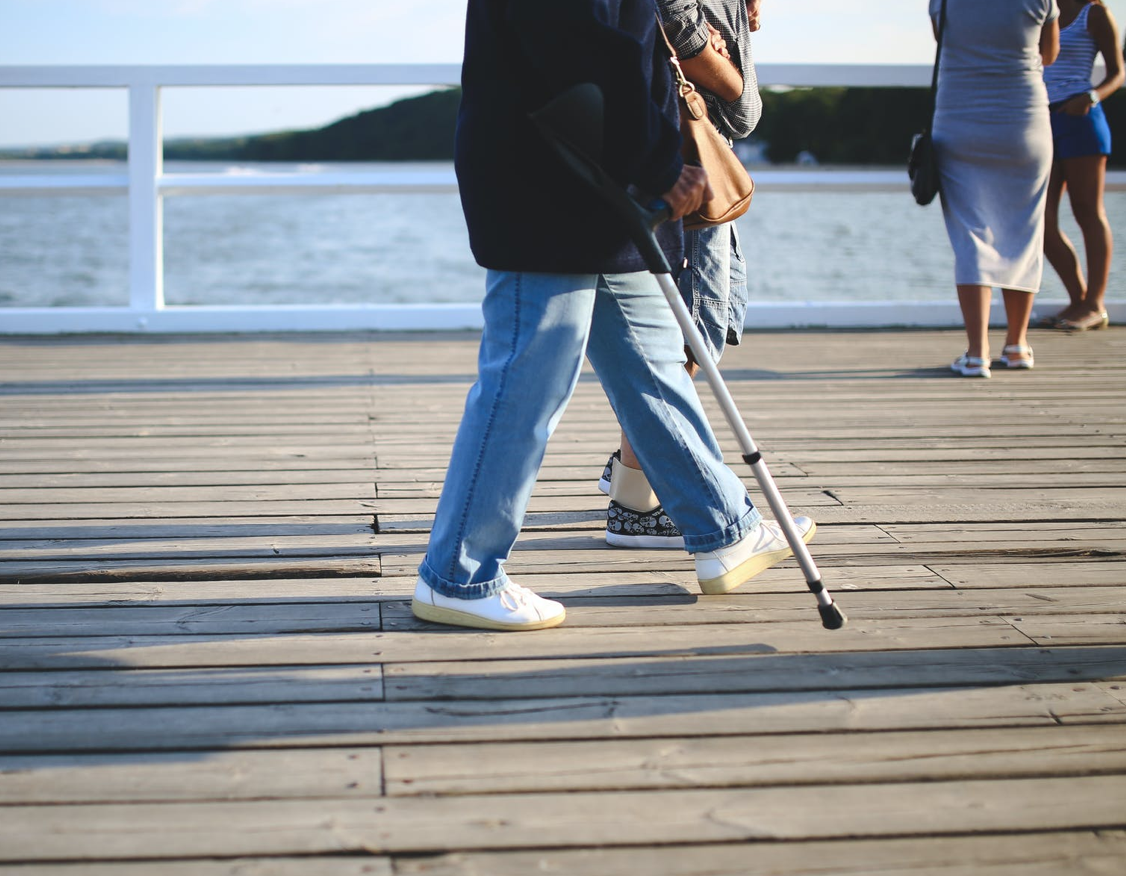Clear causation can be difficult to prove. Therefore, it is recommended to approach this issue from different angles, rely on eyewitness testimonies coupled with other legal techniques.
This legal concept addresses the type of personal injury caused in relation to someone’s property. Most commonly, the harm is due to defective or otherwise unsafe conditions. Like most personal injury cases, premises liability is mainly based on negligence as well.
The plaintiff must prove that the property owner failed to exercise reasonable care of the said property, which led to the injury. Under New York law, this must be proven by a preponderance of the evidence. This means proving that the defendant was more likely responsible for the harm caused than not.
How to Prove Negligence

The cornerstone of a premises liability case is proving negligence by the property owner. There are several essential elements to consider. If you were injured as a result of a property owner’s negligence, contact a New York premises liability attorney. Make sure that you thoroughly go over details to ensure that you have a solid case.
The Defendant’s Status in Relation to the Property
To begin with, the plaintiff must establish the defendant’s role regarding the property. The main categories to be considered are:
- Owner
- Occupant
- Lessee
Then, it should be clear what was their responsibility towards the property and how they have failed to meet it. Part of the duty of care is to regularly inspect the premises to ensure that everything is in good condition.
Your Status in Relation to the Property
Depending on state laws, the injured person’s status concerning the property can also play an important role and may influence the appropriate approach for the legal proceedings. The three main categories are:
- Licensees
- Invitees
- Trespassers
Duty of Care
Next, the injured person must establish that the defendant failed to meet the standard of reasonable care. This includes regular safety checks and an active approach to minimizing the risk of injury.
Once the plaintiff has secured a legal document that establishes the defendant’s role concerning the property, the duty of care can be established in several ways. The jurisdiction’s common-law standards offer a solid basis for this. Also, eyewitnesses – if there are any – may be a helpful addition to the case.
Breach of Duty
After establishing a clear duty of care of the defendant over the property, pinpoint the breach that occurred. Proving how the owner has failed to fulfill their legal responsibilities can be the hardest part of the process.
Therefore, it is important to convey all the details of the incident, no matter how insignificant, to the lawyer. If they have a clear understanding of the accident, they can translate it into legal terms better.
Relation of Causation
It is crucial to establish causation between the breach of duty and the injuries suffered by the plaintiff. Establishing that the defendant’s breach of duty led to injury is another challenging part of the proceedings. Clear causation can be difficult to prove. Therefore, it is recommended to approach this issue from different angles, rely on eyewitness testimonies coupled with other legal techniques.
Injury and Damages
The final key element is the damages or injury. At this stage, it is helpful to have a stack of documents that attest to the injuries suffered. It is recommended to start documenting injuries immediately after the incident.
Photographic evidence can not only paint a clear picture of the physical harm, but it also evokes a strong emotional impact in the viewer. Couple this with medical documents:
- Doctor’s assessment
- Medical bills
- Test results
- Treatment plans
- Doctor’s recommendations
Final Thoughts
As in all civil cases, the plaintiff must prove each of these elements in part by a preponderance. This adds up to more than 50% likelihood. However, it is crucial to tackle all these elements, as they are equally important.
If you have been the victim of a premises liability incident and wish to pursue legal action, do not hesitate to seek legal counsel. Contact an expert attorney and build a solid case to maximize chances for fair compensation.


Join the conversation!